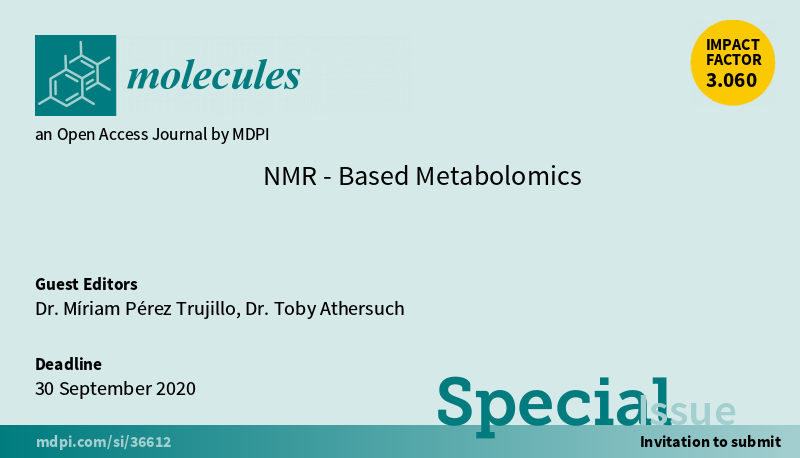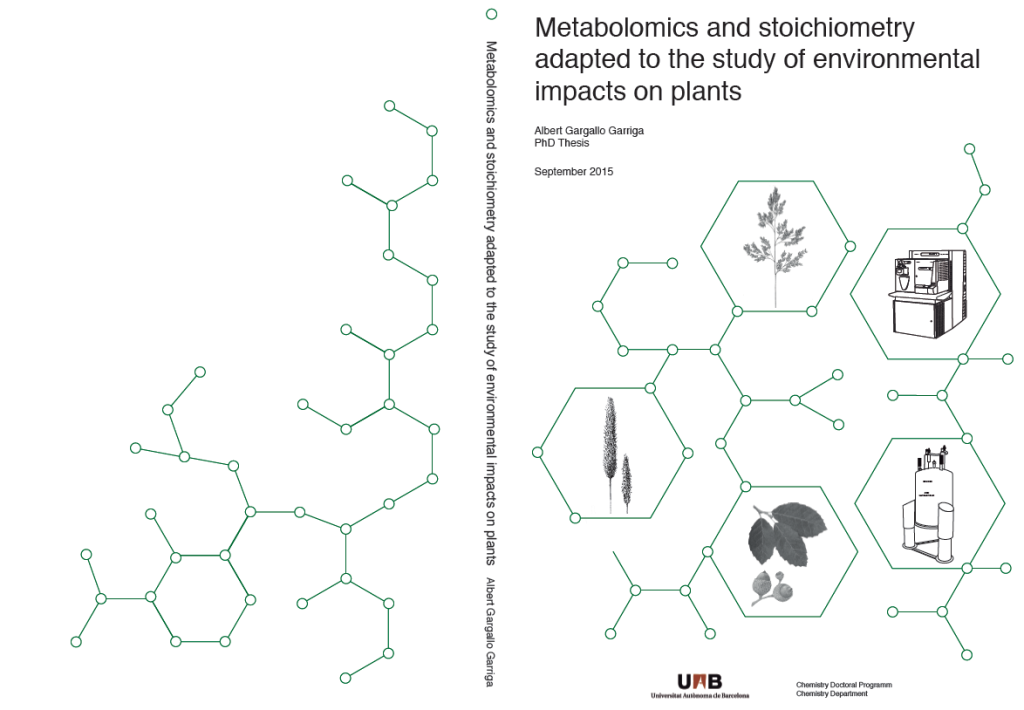M. Sebastiana, A. Gargallo-Garriga, J. Sardans, M. Pérez-Trujillo, F. Monteiro, A. Figueiredo, M. Maia, R. Nascimento, M. Sousa Silva, A. N. Ferreira, C. Cordeiro, A. P. Marques, L. Sousa, R. Malhó & J. Peñuelas
Scientific Reports volume 11, Article number: 8576 (2021). https://doi.org/10.1038/s41598-021-87886-5
Mycorrhizas are known to have a positive impact on plant growth and ability to resist major biotic and abiotic stresses. However, the metabolic alterations underlying mycorrhizal symbiosis are still understudied. By using metabolomics and transcriptomics approaches, cork oak roots colonized by the ectomycorrhizal fungus Pisolithus tinctorius were compared with non-colonized roots. Results from this global metabolomics analysis suggest decreases in root metabolites which are common components of exudates, and in compounds related to root external protective layers which could facilitate plant-fungal contact and enhance symbiosis. Root metabolic pathways involved in defense against stress were induced in ectomycorrhizal roots that could be involved in a plant mechanism to avoid uncontrolled growth of the fungal symbiont in the root apoplast. Several of the identified symbiosis-specific metabolites, such as GABA, may help to understand how ectomycorrhizal fungi such as P. tinctorius benefit their host plants.



